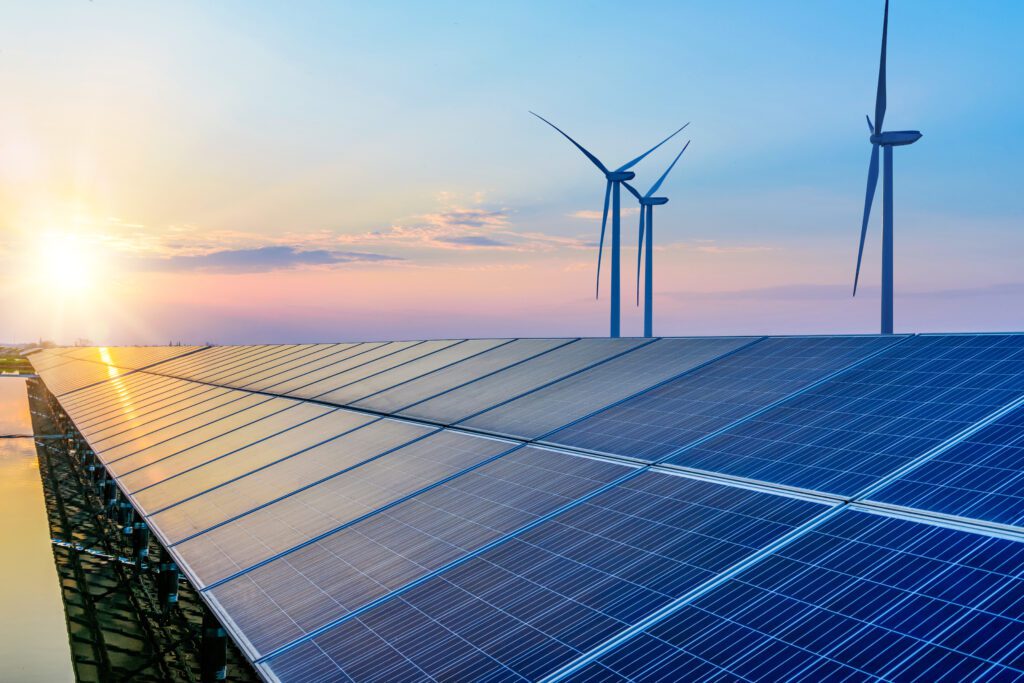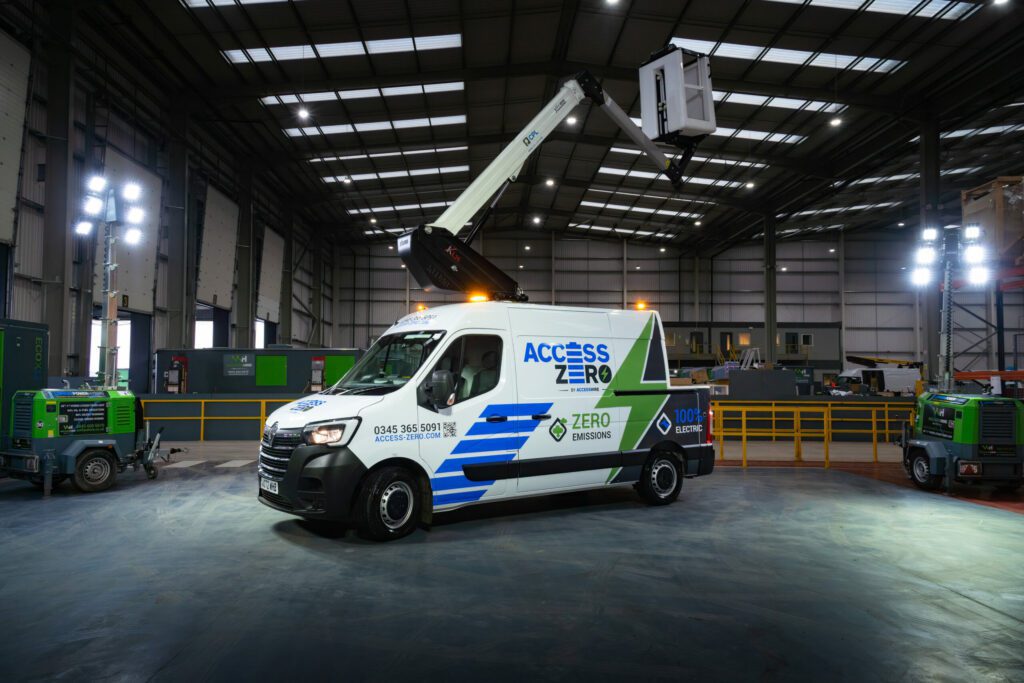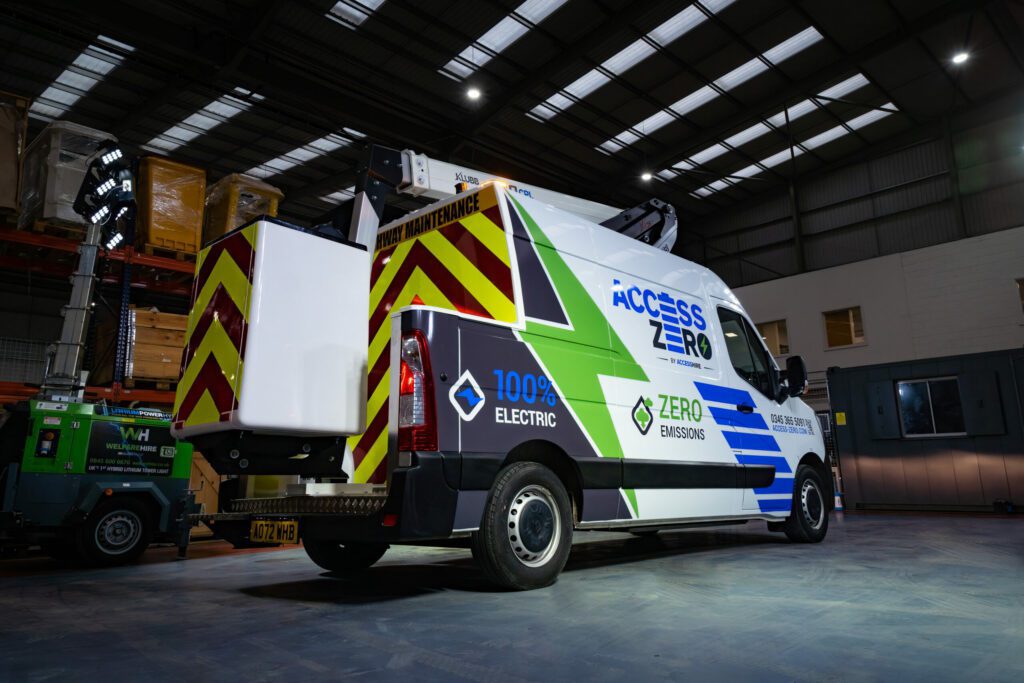Three Ways Innovation Can Help the Power Sector Reach Net Zero Faster
Blog-October 9, 2023
The UK’s power sector has pledged to reach net zero by 2035. But with demand for energy set to more than double in the next two decades¹, experts warn that more rapid measures will be required to achieve these goals.
What can the sector do to ensure it both meets consumers’ needs and reduces its impact on the climate?
At Kelling Group, we believe the key is to engage at every level of scale – from new infrastructure to the van mounted MEWPs used on-site. And in this article, we explore three ways this can be done.

1. Introducing Clean Energy to the Grid
The goal
The UK needs a green energy system that can provide over 65 million people with a reliable source of sustainable energy. This involves a complex national infrastructure that transports clean energy to households and buildings.
The challenge
Nearly £200 billion has been spent on clean energy projects since 2010². But there is a lack of capacity in the national energy grid, which has created significant delays. There is currently an enormous “queue” to connect wind and solar energy to the grid – with some providers told they will have to wait up to 15 years.
“Fundamental reform is needed. More infrastructure is needed. We are working very hard to design and build at a faster pace than we ever have done before.”
Roisin Quinn of National Grid
How innovation helps
The lack of access to the grid – and concerns about the latency of some forms of renewables³ – can be overcome through technology. A recent report cited “smarter, more flexible, digitally-enabled grid” that would enable flexible use of power.⁴

2. Reducing Emissions On-Site
The goal
Power infrastructure projects must also decarbonise, enabling regular building and maintenance work to be done without adding to the sector’s overall carbon emissions.
The challenge
Few projects can be completed without equipment like van mounted MEWPs. But until recently, it has been extremely difficult to access electric vehicles (EVs) that can fulfil the needs of a construction site.
How innovation helps
Access Zero offers a fleet of fully-electric van mounted MEWPs which radically reduce the carbon emissions of power sites. This empowers site leaders to make an easy win, immediately improving their ESG scores. With plans to remove diesel from worksites by 2035, they will also be getting ahead of the curve⁵ – and likely win more government and local authority contracts in the process.

2. Increasing Consumer Demand for Clean Energy
The goal
Consumers are able to influence the choices of both government and private enterprise. Educating the public and encouraging individuals to push for far faster progress on decarbonisation will increase the sector’s urgency.
The challenge
Many consumers perceive clean energy as a direct route to higher prices. Combined with the recent increases in bills due to the war in Ukraine, many consumers are less inclined to opt for greener choices.
How innovation helps
At Kelling Group, our eco-friendly fleets are a perfect example of innovation providing the answer. While many employees on power worksites may not feel they can influence decarbonisation, they actually have the ability to make a real difference – simply by putting pressure on their employers to choose cleaner equipment. With fully-electric van mounted MEWPs now available nationwide, workers can show their employers that products exist which will both improve their output and reduce their carbon emissions.
Want To Explore Eco-Friendly Fleets?
2.https://www.bbc.co.uk/news/science-environment-65500339
3.https:https://publications.parliament.uk/pa/cm5803/cmselect/cmenvaud/109/report.html
4.https://publications.parliament.uk/pa/cm5803/cmselect/cmenvaud/109/report.html
5.https://www.pbctoday.co.uk/news/energy-news/driving-out-diesel-use-on-construction-sites/130063/